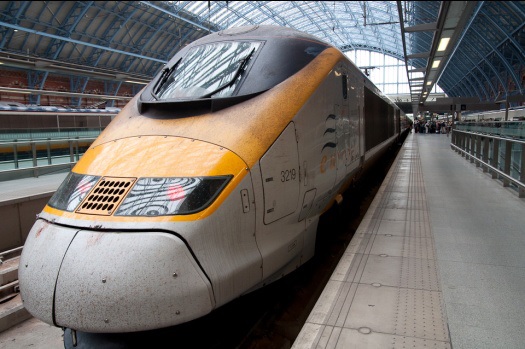Phase One of the controversial HS2 railway line that will link Birmingham to London has recently been voted in favour by MPs for the third time. After an overwhelming 399-to-42 majority vote, the bill will now make its way to the House of Lords before getting the green light to go ahead next year.
<2016/03/HS2-to-proceed-at-full-speed.jpg" rel="attachment wp-att-730">
Image Credit
One step closer
The recent parliamentary voting on HS2 means that it’s inevitable that the new high-speed rail link will come to fruition. According to the Express & Star News, although MPs were only voting on the first phase of the scheme between London and Lichfield, the vote of confidence makes it increasingly likely that plans to extend it to Manchester and Leeds will also go ahead.
Work is expected to begin on Phase One of HS2 in 2017, and it is set to open in 2026. According to The Construction Index, HS2 will form the backbone of Britain’s transport infrastructure in the 21st century, supporting nationwide growth and prosperity.
A boon for civil engineering
Although HS2 has been highly controversial, it is being welcomed by the construction industry, which suffered during the recession of recent years. British construction and civil engineering firms are now bidding to work on the line, with contracts said to be worth £11.8 billion altogether.
The construction of HS2 will inevitably need to ensure maximum value for money,whilst providing high-quality and durable infrastructure that will be able to cope with the increased need for high-speed public transport links. In addition to focusing on building the line itself, construction will need to centre on creating new, modern railway stations that can meet the demands of passengers’ travel needs in the future. There will be an increased demand for innovative solutions, such as bespoke tensile fabric structures from construction experts like http://fabricarchitecture.com/ that are both stylish and functional.
Construction solutions will also need to ensure they take into account environmental and climate considerations so that they are equipped to withstand changing conditions and can cope with adverse weather such as strong winds and flooding.
Ministers are keen to make sure that the HS2 project delivers financial value and remains on budget and to timescales. Importantly, all of those involved will need to work closely with the communities affected by the new route.